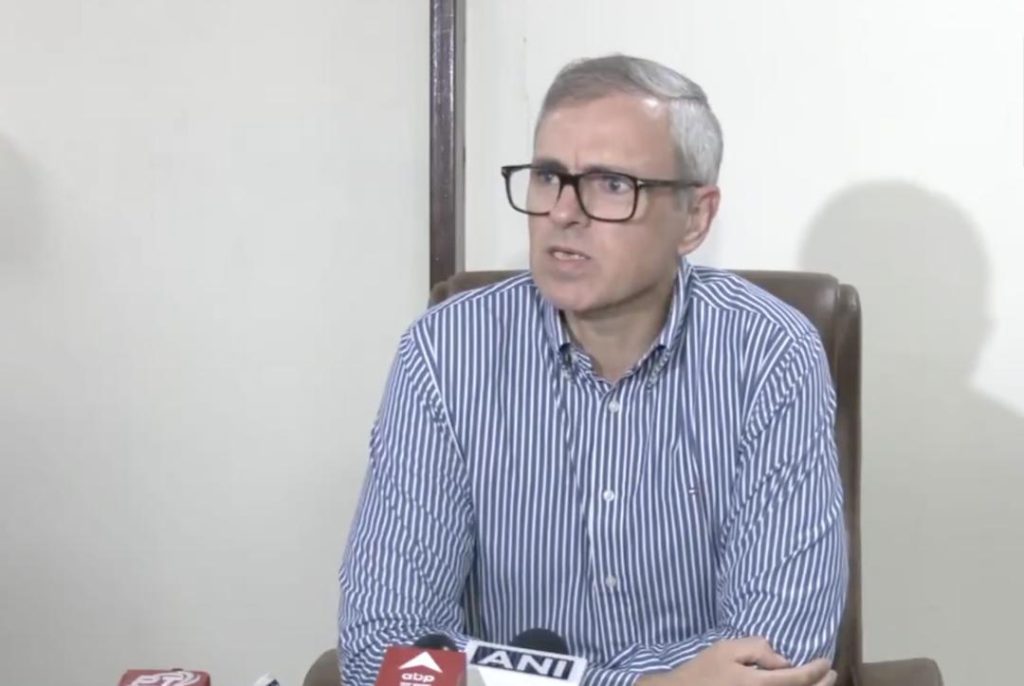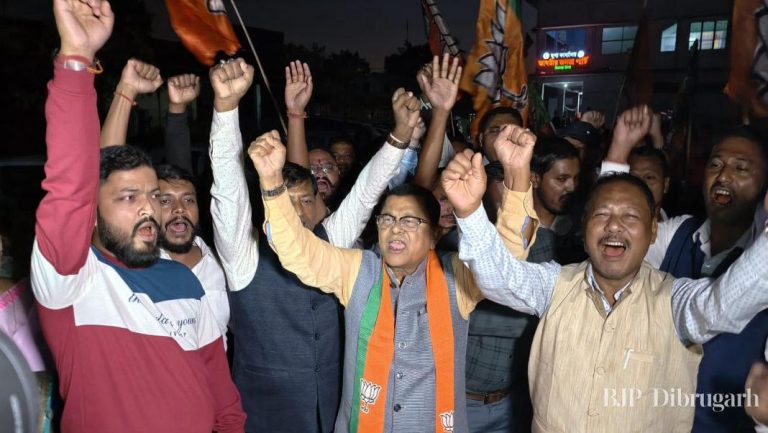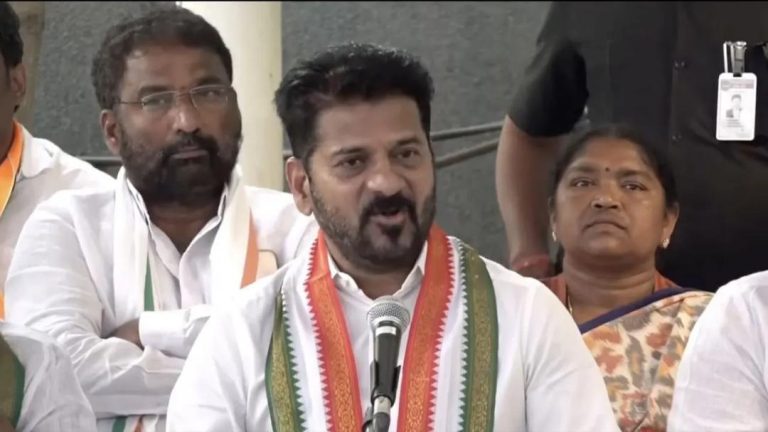
Why should I send water to Punjab?: J&K CM on canal proposal
In a recent development, the government of Jammu and Kashmir has shown resistance to a proposed 113 km-long canal that aims to redirect surplus water from three western rivers of the Indus system in the state to Punjab, Haryana, and Rajasthan. The canal, which has been a topic of discussion for quite some time, has sparked controversy, with the Chief Minister of Jammu and Kashmir, Omar Abdullah, raising several questions about the proposal.
While the canal project is touted as a means to alleviate water scarcity in the aforementioned states, the Chief Minister has expressed concerns about the feasibility and fairness of the proposal. In a recent statement, Abdullah questioned the need for the canal, asking, “Why should I send water to Punjab?” He also pointed out that Punjab already receives water under the Indus Waters Treaty, a 1960 treaty between India and Pakistan that regulates the sharing of the Indus River and its tributaries.
Abdullah’s concerns are not unfounded. The Indus Waters Treaty, which was signed during the Nehru era, has been a contentious issue between India and Pakistan. Pakistan has consistently accused India of violating the treaty, particularly regarding the construction of dams and hydropower projects in Jammu and Kashmir. India, on the other hand, has maintained that its projects are in compliance with the treaty.
The proposed canal project has been touted as a means to address the water scarcity issues faced by Punjab, Haryana, and Rajasthan. However, the Chief Minister of Jammu and Kashmir has questioned the rationale behind diverting water from his state to other regions. “Did they give us water when we needed it?” he asked, implying that the other states have not been forthcoming with water during times of crisis.
Abdullah’s concerns are further exacerbated by the fact that Jammu and Kashmir is facing its own water scarcity issues. The state has been grappling with a severe drought in recent years, which has affected agriculture and industry. The Chief Minister’s remarks suggest that his state is not in a position to provide water to other regions, particularly when its own needs are not being met.
The proposed canal project has been criticized by several experts and activists, who argue that it is not a sustainable solution to the water crisis in Punjab, Haryana, and Rajasthan. They point out that the project would require significant investment and would likely have environmental and social impacts. Moreover, the canal would not address the root causes of water scarcity in the region, which include inefficient use of water resources, lack of water conservation measures, and increasing demand due to population growth and urbanization.
Furthermore, the canal project has been seen as a potential flashpoint in the strained relations between India and Pakistan. Pakistan has already expressed concerns about the project, which it claims is a violation of the Indus Waters Treaty. Any move to go ahead with the project could lead to a fresh round of tensions between the two countries, which have been locked in a bitter dispute over Kashmir for decades.
In conclusion, the proposed canal project to redirect surplus water from Jammu and Kashmir to Punjab, Haryana, and Rajasthan raises several questions about the feasibility, fairness, and sustainability of the proposal. The Chief Minister of Jammu and Kashmir has raised legitimate concerns about the need for the canal, particularly when his state is facing its own water scarcity issues. Furthermore, the project has the potential to exacerbate the already strained relations between India and Pakistan. As the debate continues, it is essential to consider the long-term implications of the project and to explore alternative solutions to address the water crisis in the region.






